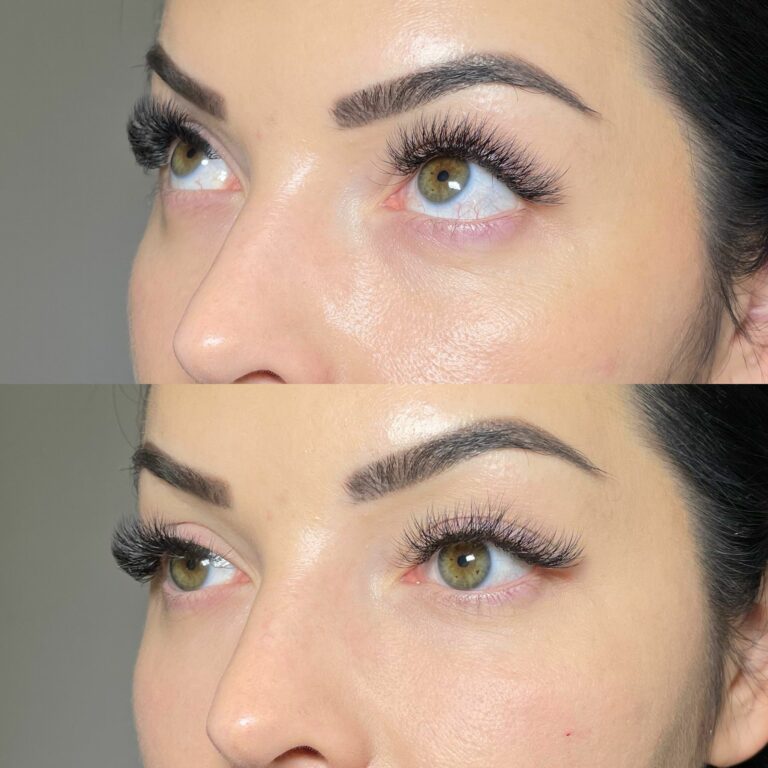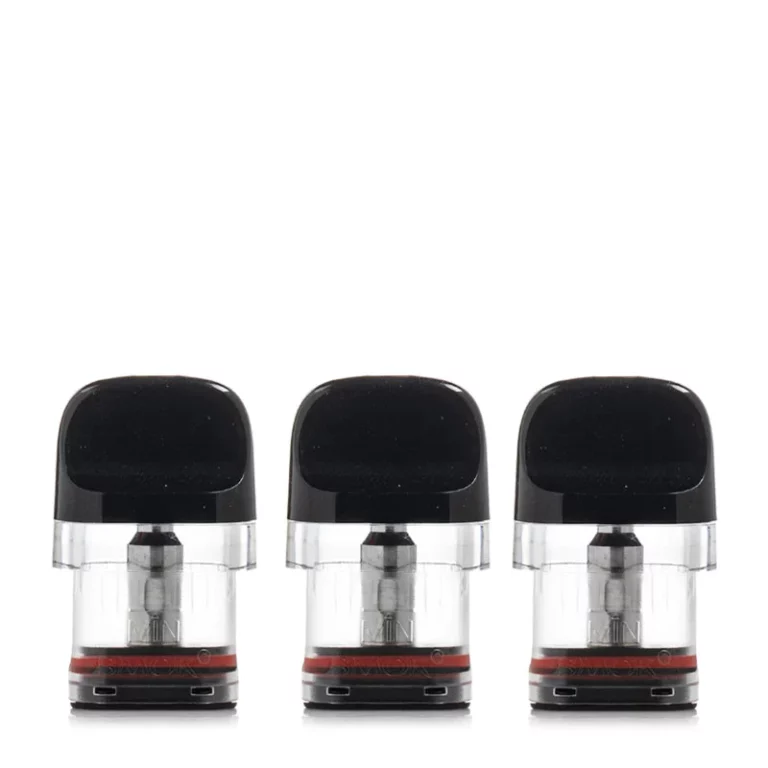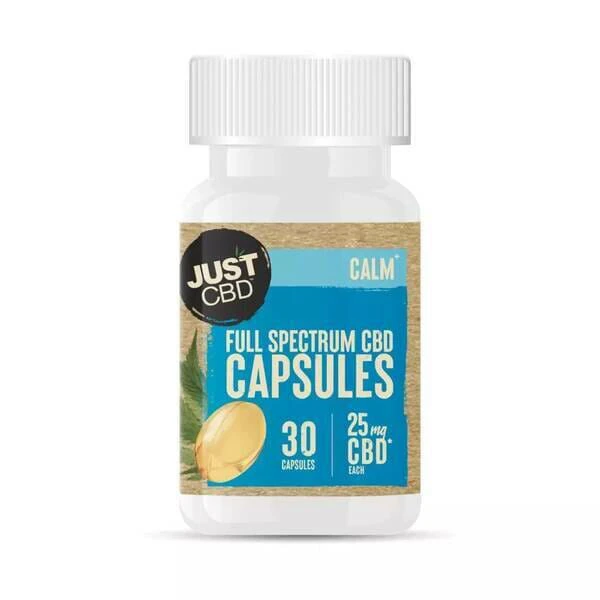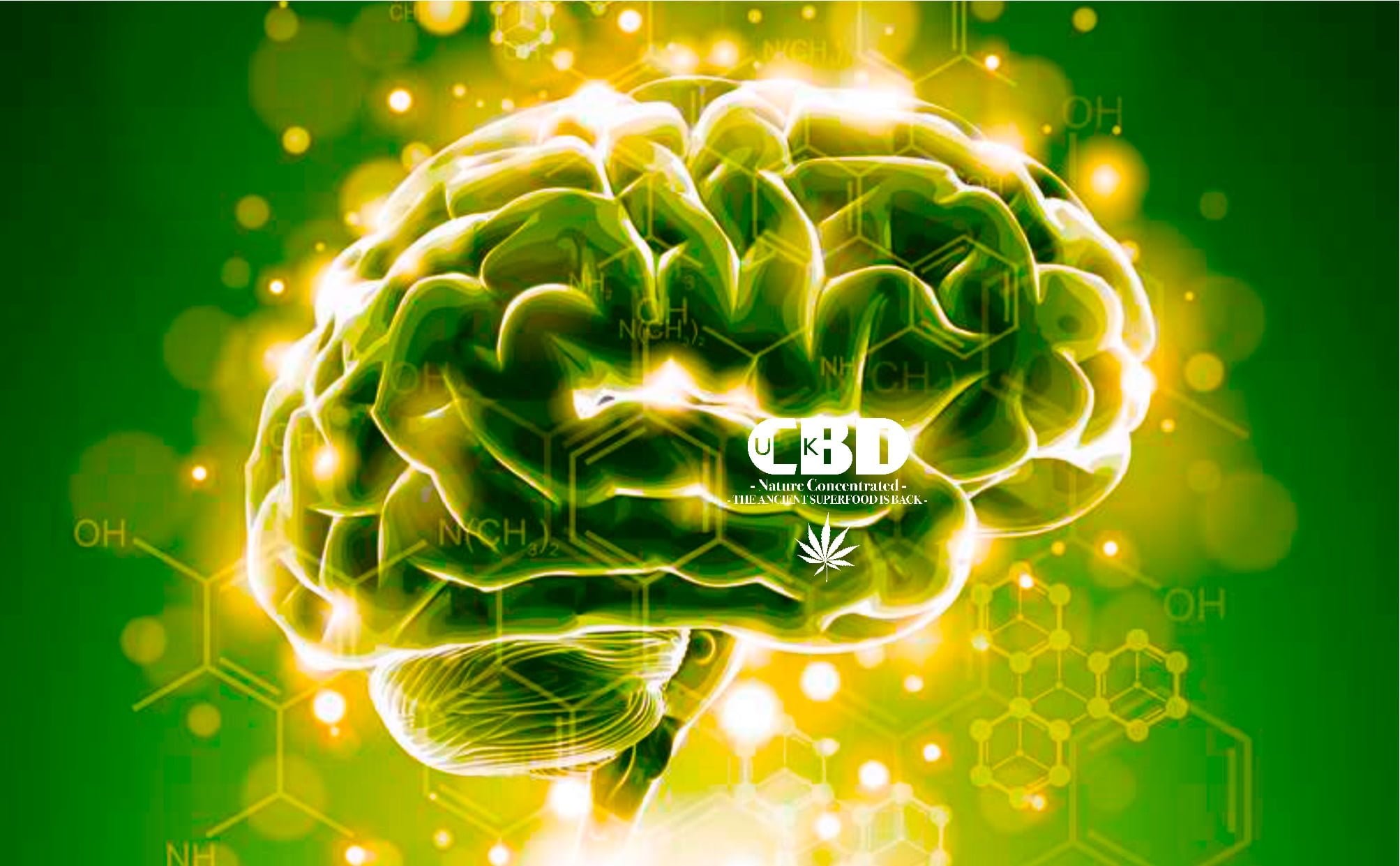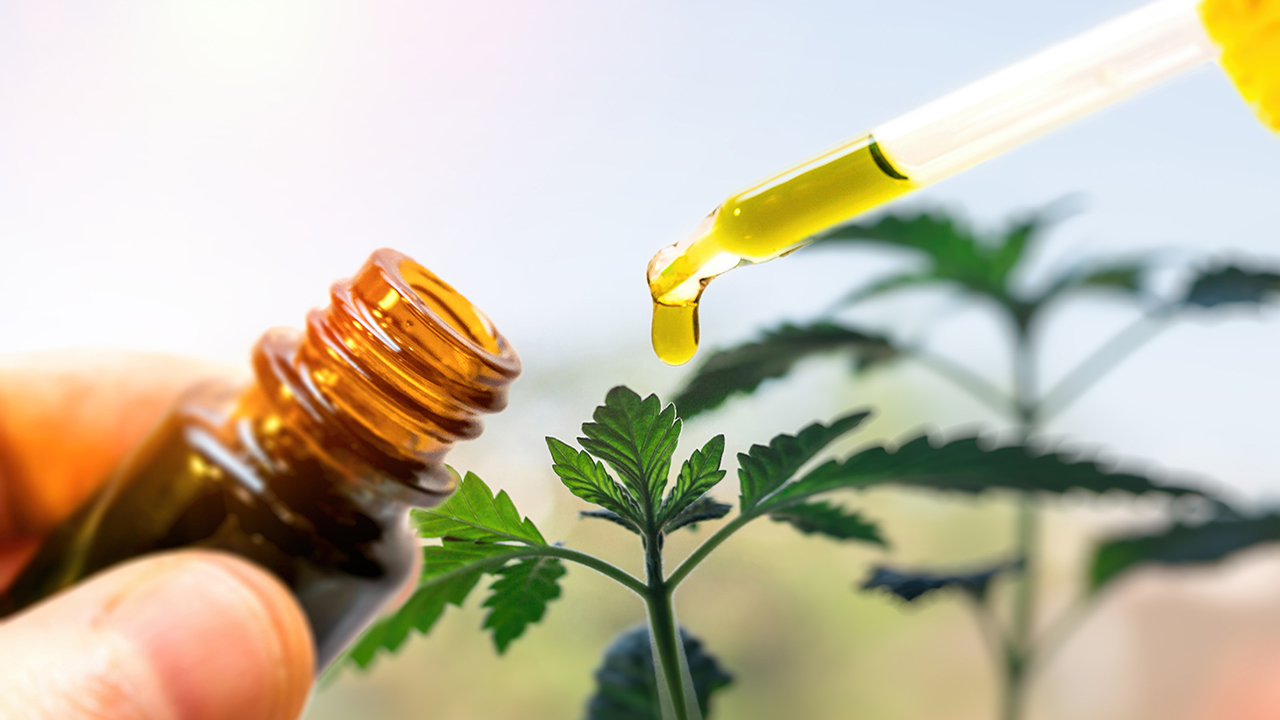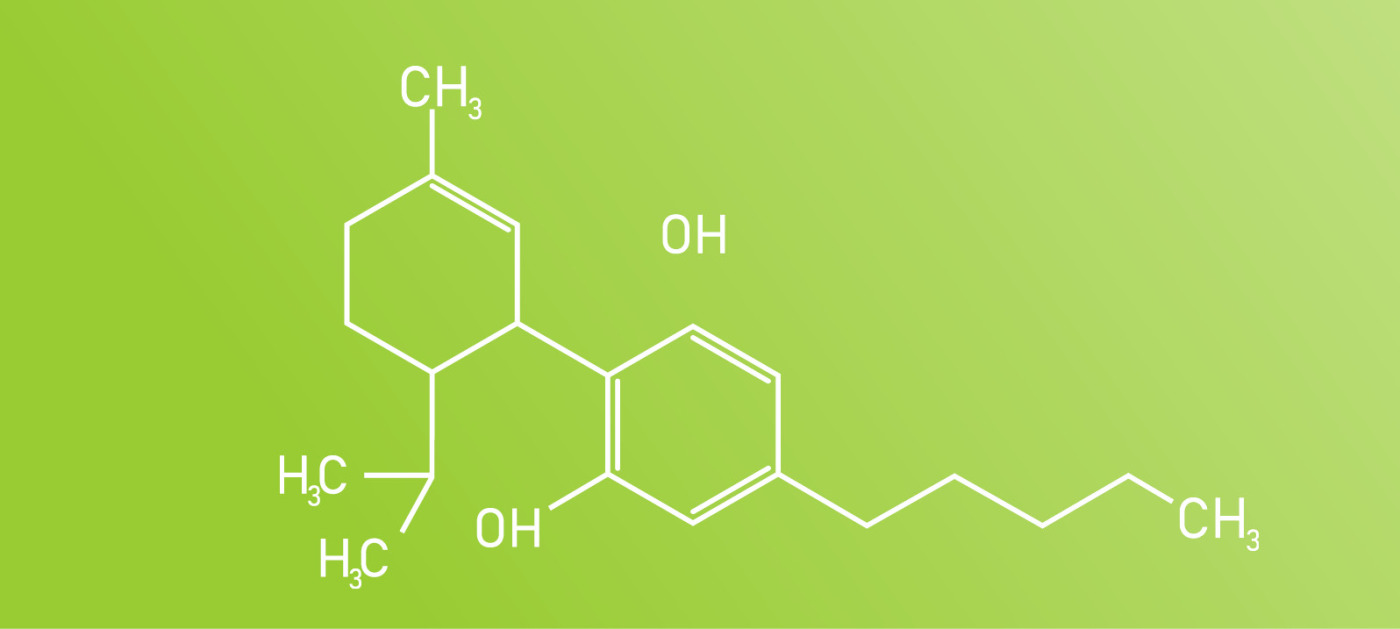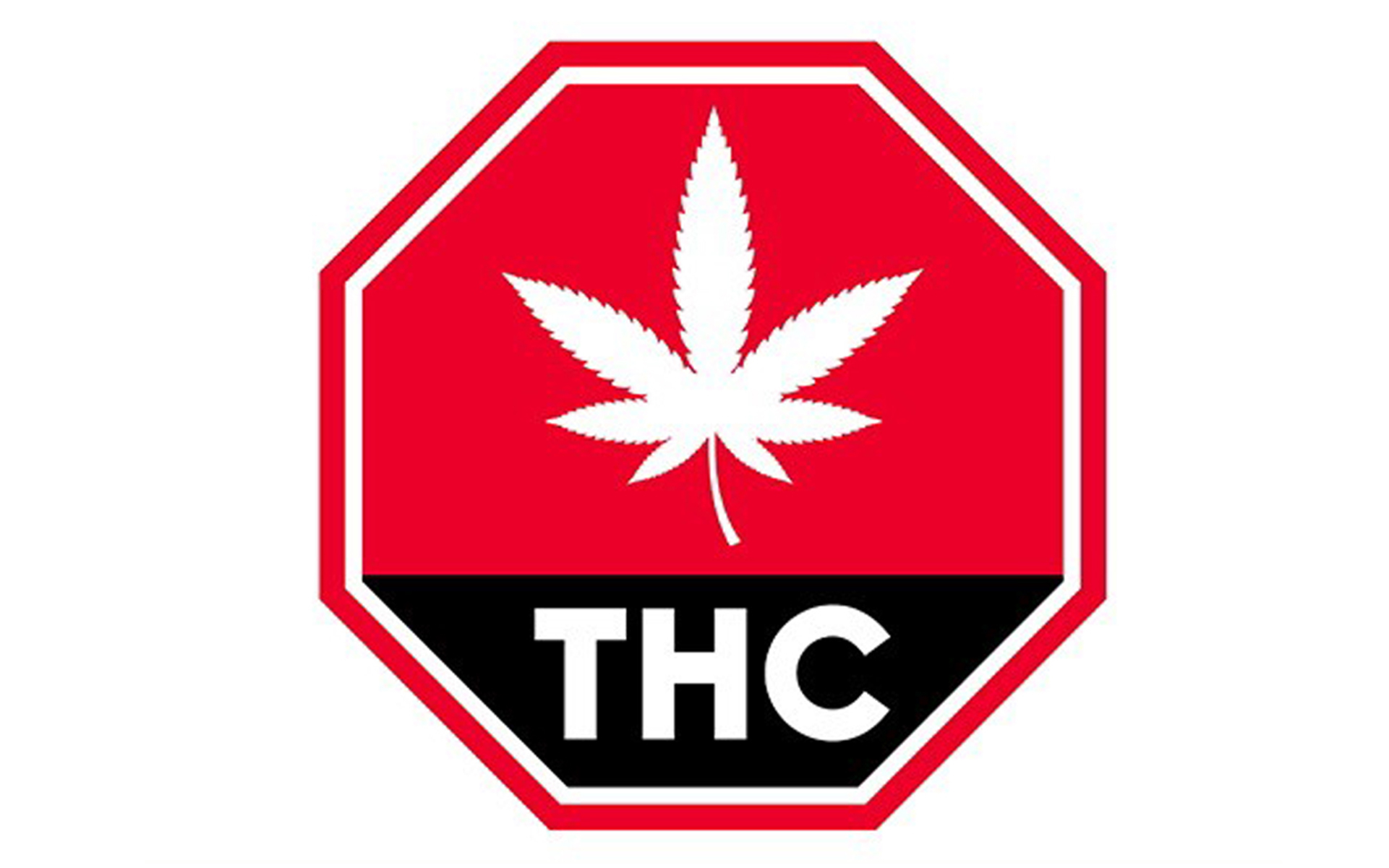In recent years, CBD (cannabidiol) has gained significant attention for its potential therapeutic benefits, leading to the rise of CBD products in the market. CBD is a non-psychoactive compound found in cannabis plants, and it is known for its potential to support overall health and well-being. As new studies continue to explore the properties of CBD, many individuals are turning to CBD weed, which contains the non-THC compound of cannabis. In this comprehensive guide, we will delve into the reasons why you might want to try CBD weed’s non-THC compound, based on some new studies and evidence.
Understanding CBD Weed and THC
Before we dive into the benefits of CBD weed’s non-THC compound, it’s essential to understand what CBD weed is and how it differs from THC-containing cannabis.
- CBD Weed: CBD weed, often referred to as hemp or industrial hemp, is a type of cannabis plant specifically bred to have high levels of CBD and very low levels of THC (less than 0.3%). It is non-psychoactive, meaning it does not produce the euphoric high typically associated with marijuana use.
- THC-Containing Cannabis: This type of cannabis, commonly referred to as marijuana, contains higher levels of THC, the primary psychoactive compound responsible for the “high” sensation when consumed.
Some New Studies on CBD Weed’s Non-THC Compound
Over the past decade, there has been a surge of interest in CBD and its potential health benefits. Numerous studies have been conducted to explore the therapeutic properties of CBD, and some of the most compelling research points to the following potential benefits of CBD weed’s non-THC compound:
Pain Relief and Anti-Inflammatory Effects
One of the most well-known benefits of CBD is its potential to alleviate pain and reduce inflammation. Studies have shown that CBD interacts with the body’s endocannabinoid system and various receptors involved in pain perception, immune response, and inflammation. As a result, CBD may offer a natural alternative for managing chronic pain and inflammatory conditions, such as arthritis.
A review published in the journal Frontiers in Pharmacology noted that CBD exhibits anti-inflammatory and analgesic properties in preclinical studies, suggesting its potential as a pain-relieving agent.
Anxiety and Stress Reduction
CBD has been studied for its potential to reduce anxiety and stress. Research suggests that CBD may interact with serotonin receptors in the brain, which play a crucial role in regulating mood and emotional responses. By influencing serotonin levels, CBD may help promote feelings of relaxation and calmness, making it a possible tool for managing anxiety disorders and stress-related conditions.
A study published in the Journal of Clinical Psychopharmacology found that CBD reduced anxiety levels in individuals with social anxiety disorder during a simulated public speaking test.
Neuroprotective Properties
Emerging research suggests that CBD may have neuroprotective effects, meaning it could protect nerve cells from damage and degeneration. Studies have shown that CBD may impact various neurological pathways, potentially making it beneficial for conditions like epilepsy, multiple sclerosis, and neurodegenerative diseases.
A review published in the journal Molecules highlighted CBD’s neuroprotective properties and its potential as a therapeutic agent for neurological disorders.
Sleep Improvement
Sleep disturbances affect a significant portion of the population, and CBD has been investigated for its potential to improve sleep quality. Some studies suggest that CBD may influence the body’s sleep-wake cycle and interact with receptors involved in sleep regulation.
A study published in the Permanente Journal reported that CBD improved sleep and reduced anxiety in a majority of participants with sleep-related issues.
Anti-Seizure Effects
One of the most significant breakthroughs regarding CBD’s medical potential is its use in treating certain forms of epilepsy. The FDA has approved a CBD-based medication called Epidiolex for the treatment of two rare forms of childhood epilepsy, Dravet syndrome, and Lennox-Gastaut syndrome.
Studies have shown that CBD may reduce the frequency and severity of seizures in individuals with treatment-resistant epilepsy.
Skin Health and Acne Management
CBD has also been explored for its potential benefits in managing various skin conditions. Due to its anti-inflammatory properties and ability to regulate sebum production, CBD may be effective in reducing acne and promoting overall skin health.
A study published in the Journal of Clinical Investigation found that CBD reduced sebum production and demonstrated anti-inflammatory effects on human sebaceous glands, suggesting its potential as an acne treatment.
Safety Considerations for CBD Weed’s Non-THC Compound
CBD is generally considered safe for most individuals when used responsibly. However, it’s essential to consider the following safety considerations:
- Drug Interactions: CBD may interact with certain medications, especially those metabolized by the liver’s cytochrome P450 enzyme system. If you are taking prescription medications, consult with a healthcare professional before using CBD products.
- Quality and Purity: To ensure safety, it’s crucial to purchase CBD products from reputable sources that provide third-party lab testing for quality and purity.
- Potential Side Effects: While most people tolerate CBD well, some individuals may experience side effects such as dry mouth, drowsiness, or changes in appetite. Start with a low dose and monitor your body’s response.
- Regulatory Considerations: The legal status of CBD products varies between countries and states. It’s essential to be aware of local laws and regulations regarding the sale and use of CBD products.
Conclusion
CBD weed’s non-THC compound has garnered significant interest due to its potential therapeutic benefits and non-psychoactive nature. Studies have indicated that CBD may offer pain relief, reduce anxiety and stress, protect nerve cells, improve sleep, manage epilepsy, and promote skin health.As with any supplement or herbal remedy, it’s essential to use CBD products responsibly and consult with a healthcare professional before starting any new regimen, especially if you have specific health concerns or are taking medications.While CBD weed’s non-THC compound shows great promise, research is still in its early stages, and further studies are needed to fully understand its mechanisms of action and long-term effects. Nonetheless, for individuals seeking natural alternatives for various health concerns, CBD weed’s non-THC compound may be worth exploring as part of a holistic approach to overall health and well-being.
Barbara is a freelance writer and a sex and relationships adviser at Dimepiece LA and Peaches and Screams. Barbara is involved in various educational initiatives aimed at making sex advice more accessible to everyone and breaking stigmas around sex across various cultural communities. In her spare time, Barbara enjoys trawling through vintage markets in Brick Lane, exploring new places, painting and reading.
[email protected]
- Fizz, Flavor, and Fun: My Melo THC Beverage Adventure! - April 23, 2024
- Exploring Bunny Lines with Dr. Laura Geige - April 3, 2024
- Lip Fillers, Botox, Dermal Fillers, Anti-Wrinkle Injections in Bank EC3 - March 26, 2024






